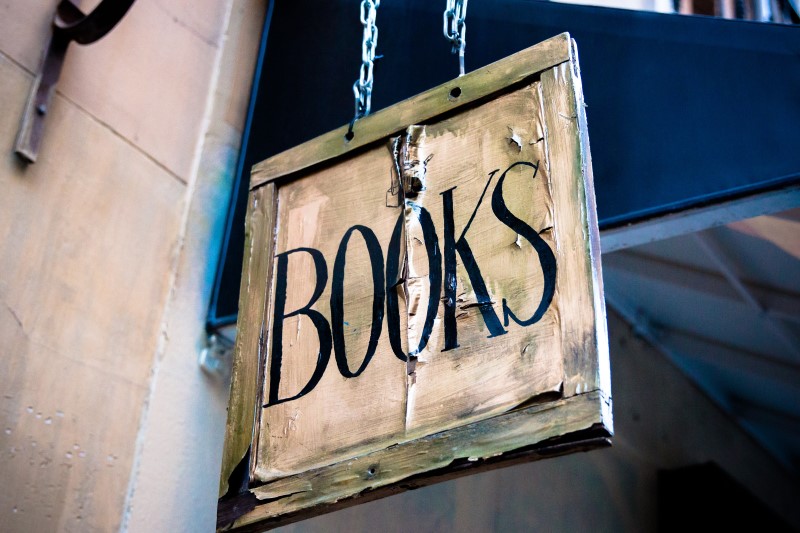
Where did I hear of Penelope Fitzgerald? I can’t remember, but I believe I read about her recently.
It’s a subtle feeling, one I can’t substantiate. I could, I suppose, spend hours paging through my precarious stacks of magazines. There’s also the finger-snapping quickness of the Internet—which informs me that some 30 New Yorker articles in the past couple decades have made mention of her. None of these, however, jog my memory.
Perhaps this is fitting, as Penelope Fitzgerald is a writer of subtlety, who has herself, as an author, tended to fly under the radar. But she’s far from an unknown: even, apparently, to me. So when I was recently browsing through a little bookshop, and noticed a little book called The Bookshop by Penelope Fitzgerald—I snatched it up.
The Bookshop is about an unassuming woman who opens up a bookshop in a remote corner of England. The novel was shortlisted for the Booker Prize, and rightly so. The following passage, which ends a chapter, is a good example of the subtlety of Fitzgerald’s writing:
“She herself was going to take the ferry across the Laze, as it was early-closing day, to deliver thirty Complete Wild Flower Recognition Handbooks to the Women’s Institute. Remembering this, she took the top book off the crisp pile and looked through the illustrations for the green marsh plant which Raven had shown to her. It was not mentioned.”
Ah! So delicate, this passage. But why was the green marsh plant—the one plant, of all the plants on earth, most meaningful to the protagonist, as it was shown to her by a true friend, of which she had very few—not mentioned in the “complete” guide?
Perhaps the green marsh plant was not scientifically classified as a wildflower. Or perhaps the plant’s omission from the book was an error. But this is beside the point. The point is more filamentary. It has to do with the overlooked, the missing, the forgotten phenomena of the world.
What, after all, is the value of minute remembrance? What is the value of the overlooked, all those who are ignored by the public at large? What, indeed, is the value of books and magazines, when they never seem to contain what you’re really looking for?


